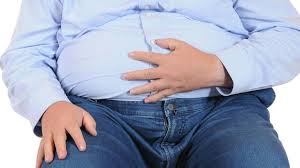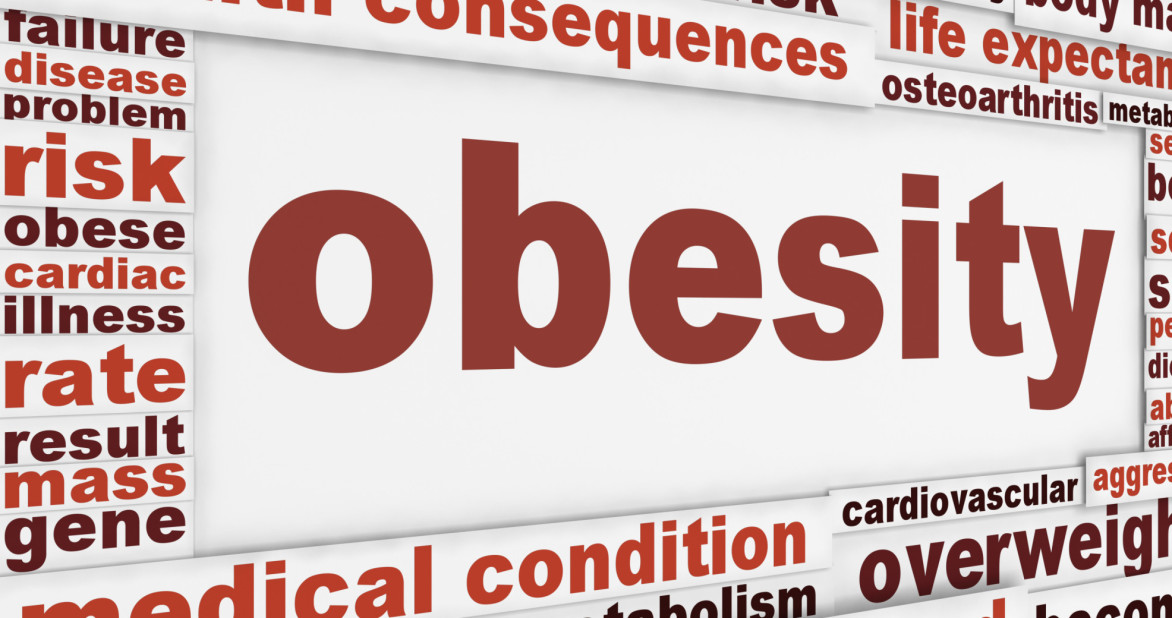Essential diets for fighting obesity and weight gain

Essential diets for fighting obesity and weight gain is all about change in lifestyle
Essential diets for fighting obesity and weight gain: Aim at eating a healthy balanced diet
When we talk about essential diets for fighting obesity, it is different with what is commonly known as special diets which are very common in our media advertisement. Essential diets are all-inclusive and involve total change of lifestyle and not just a one-week activity but a lifetime experience. The special diets are not consistent because after losing weight, your old eating habits remain and because of that, you begin restocking the lost pounds again and again. That is why experts at AWAREmed health and wellness resources center under the leadership of doctor Dalal Akoury MD, reiterates that it is usually not a special diet needed but changing to a healthy essential balanced diet, for a lifetime.
Essential diets for fighting obesity and weight gain: What is a healthy diet?
Understanding the meaning of what a healthy diet is very important if you are to use it as a means of eradicating obesity in your life. You may want to consider the following points as the possible meaning of a healthy diet:
- Making up a third of most meals with starch-based foods (such as cereals, bread, potatoes, rice, pasta etc.). Wholegrain starch-based foods are preferable.
- Eating plenty of fiber in your diet. Foods rich in fiber include whole grain bread, brown rice, and pasta, oats, peas, lentils, grain, beans, fruit, vegetables and seeds.
- Having at least five portions, or ideally 7-9 portions, of a variety of fruit and vegetables per day. These should be in place of foods higher in fat and calories. For example, fruit makes a good, healthy snack if you feel hungry.
- Limiting fatty food such as fatty meats, cheeses, full-cream milk, fried foods, butter, etc. Use low-fat options where possible. Examples are:
- Skimmed or semi-skimmed instead of full-cream milk.
- Using low-fat, monounsaturated or polyunsaturated spreads instead of butter.
- When feeding on meat it is necessary that you consume lean meat or poultry like chicken.
- Try to grill, bake or steam rather than fry food. When using dry food, select vegetable oil like grapeseed, olive or sunflower.
- Discourage use of sugary drinks and sugary foods like biscuits, chocolate, cakes, sweets etc.
- Reduce use of other foods likely to be high in fat or sugar like some takeaway or fast foods.
- Eating three meals a day and not skipping meals. Always have breakfast. Eat each meal slowly. Skipping meals will just make you feel more hungry, make you think more about food and make you more likely to overeat in the evening or snack between meals.
- Trying not to add salt to food and avoiding foods that are salty.
- Including 2-3 portions of fish per week, at least two of which should be ‘oily’ (such as herring, mackerel, sardines, kippers, pilchards, salmon, or fresh tuna).
Even as we conclude this discussion in this article, a lot is still at stake and we are going to be exhausting them in the coming articles. We want therefore to request you to stay with us on the link and learn more with the experts. In the meantime, all your concerns about weight management, you can call doctor Akoury for further guidelines.
Essential diets for fighting obesity and weight gain: Aim at eating a healthy balanced diet
http://www.integrativeaddictionconference.com/wp-admin








